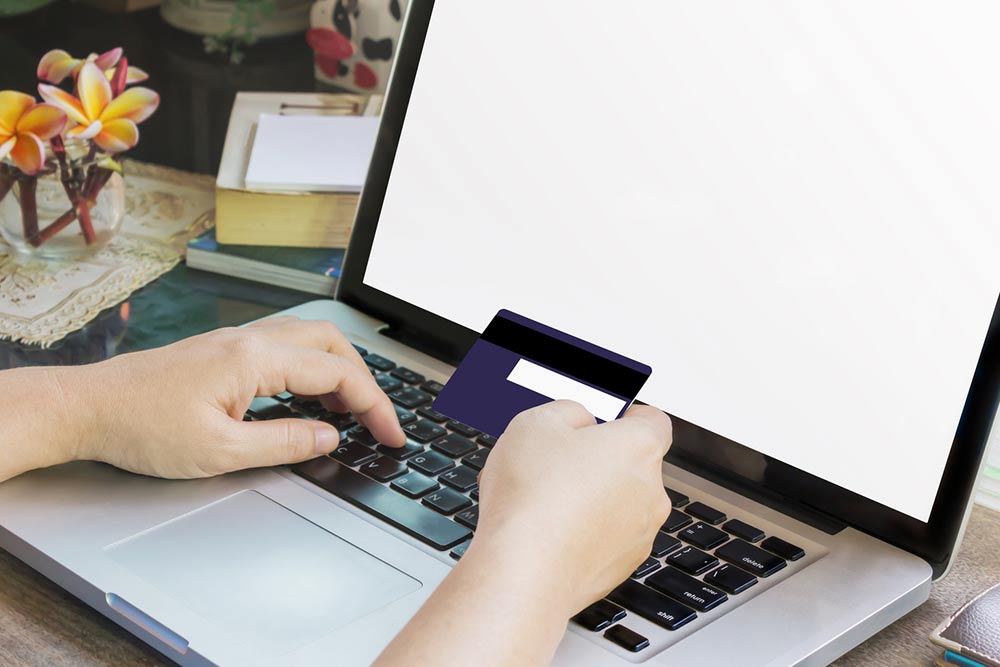6 crucial debit card mistakes to avoid

Debit cards are convenient tools that allow one to complete a transaction easily. Since debit cards directly take money from the checking account, it ensures that a person only spends a limited amount. Plus, they do not even levy heavy interests like credit cards. However, despite all these advantages, one needs to avoid some mistakes when using debit cards; otherwise, they could end up losing money. Here are some common debit card mistakes to avoid.
Using out-of-network ATMs
As everyone knows, debit cards serve two purposes – making direct transactions (either online or by swiping) and withdrawing money from ATMs. What a lot of people might not know is that if they withdraw their money from an ATM that does not belong to their bank, they may be charged a fee for the withdrawal. Such ATMs are called out-of-network ATMs. The exact opposite of that is in-network ATMs, which are either owned by the respective bank or are within the bank’s partnered ATM network. By withdrawing cash from such in-network ATMs, one can avoid unnecessary withdrawal fees.
Making big transactions with debit cards
Debit cards do make shopping easier, but they also pose a slight risk. If an individual wishes to return an item that they purchased with a debit card, getting a refund for it won’t be so convenient. This is because when a purchase is made with a debit card, the amount can only be reversed when the merchant approves it. This is not the case with a credit card. Credit card holders can simply file a claim with the card issuer and get a refund on their returned items. This is why it is better to use credit cards than debit cards when shopping for expensive items.
Not checking the balance regularly
When using a debit card for shopping or other transactions, it is advisable to check the account balance before and after every transaction. The main reason is that payments made with a debit card sometimes take time to reflect in the account. So, if an individual only checked their account balance directly after they made a payment, they may not be aware of the amount remaining after that payment was deducted. Then, if they proceed to make a new payment without checking the prior balance, their transaction may get bounced if there is not enough balance. To avoid such a mishap, keep an eye on the checking account balance regularly. This also keeps one informed about any fraudulent transactions that could have taken place.
Keeping the card’s PIN written
Even though this is common knowledge, many individuals still make the mistake of keeping their debit card PINs written down. Since a debit card can give one direct access to all the savings and funds present in the account, their PINs must be kept secret. If someone gets hold of the written PIN along with the debit card, they may drain the entire account. This becomes an even bigger risk if a person prefers keeping a parchment with the PIN written on it in their wallet. If a thief manages to steal the wallet, they may get hold of the debit card PIN and steal one’s hard-earned money.
Not confirming the cancellation of crashed transactions
One may have faced this situation quite often when they try to pay at a store’s register and it crashes in the middle of the transaction. In such a scenario, the person handling the register may immediately initiate a new transaction after it starts working again. This is where a lot of individuals can end up losing money. So, when a register crashes, one must immediately confirm with the store manager if the amount got debited from their card before the crash. One can also call their bank to check if the transaction went through. If one neglects to do so, they may get charged double the amount as the money could have been debited with the first swipe.
Making online transactions using a public Wi-Fi
Public Wi-Fis are never safe to use, especially for making transactions. The reason is that, due to their low security, a hacker can easily attack and access the systems of other users logged onto the same network. So, if a person enters sensitive information like their debit card credentials, they risk that information getting stolen and their money getting robbed right out of their checking account.

